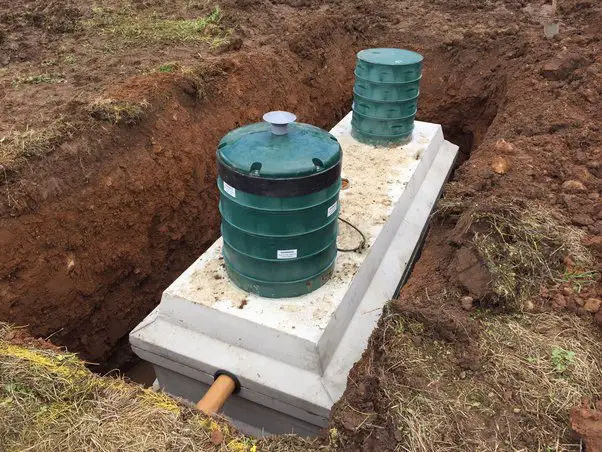Introduction
Borax, a natural mineral and salt of boric acid, has been used for centuries as a versatile cleaning agent. It goes by various names such as sodium borate, sodium tetraborate, or disodium tetraborate. This article delves into the various uses of borax, its chemical and physical properties, and explores the question of whether it is safe for septic systems.
What is Borax?
Borax, a naturally occurring mineral and salt of boric acid, is a time-honored substance utilized for various purposes. Also known as sodium borate, sodium tetraborate, or disodium tetraborate, borax boasts a wide array of applications. It serves as a versatile cleaning agent, effective insect killer, and plays a role in diabetes mellitus testing. With its unique properties, borax is also employed as a water softening agent and stands as an important boron compound. Available in different forms, including decahydrate, pentahydrate, and octahydrate salts, as well as an anhydrous version, borax finds its way into numerous domains, from scientific experiments featuring borax crystals to its use in welding flux for iron and steel.
Uses of Borax
1. Cleaning Agent
One of the primary uses of borax is as a cleaning agent. Its alkaline nature makes it effective in removing stains, dirt, and grime from various surfaces. It can be used as a laundry booster, carpet cleaner, or general household cleaner.
2. Insect Killer
Borax acts as an insect killer, particularly against pests like cockroaches. When combined with other ingredients, it can be used to create roach-killing treatments or as a moth repellent on wool.
3. Test for Diabetes Mellitus
In certain medical tests, borax is utilized to test for diabetes mellitus. This application demonstrates its versatility beyond cleaning purposes.
4. Water Softening Agent
Borax is also employed as a water softening agent. It helps to reduce the hardness of water by precipitating the dissolved minerals, making it beneficial for various household applications.
5. Is Borax Safe for Septic Systems: Industrial Applications
- Glass and Ceramics: Borax is a vital component in the production of glass and ceramics, enhancing their strength and durability.
- Detergents and Cleaners: Many detergents and cleaning agents contain borax due to its ability to remove stains and boost cleaning efficiency.
- Metallurgy: In metallurgical processes, borax acts as a flux, reducing the melting point of metals and facilitating their smelting.
- Textile Industry: Borax is used in the textile industry for flameproofing fabrics and as a pH buffer in dyeing processes.
6. Is Borax Safe for Septic Systems: Fungicide and Herbicide
Due to its antifungal and herbicidal properties, borax is used as a fungicide and herbicide in certain applications.
7. Desiccant
Borax acts as a desiccant, meaning it can absorb moisture from its surroundings. This property makes it useful in certain industrial and household applications.
8. Preservative and Food Additive
Borax is used as a preservative and a food additive in some countries, although it is banned in others due to health concerns.
Is Borax Safe for Septic Systems?
Borax is generally considered safe for septic systems when used in moderation. However, it is important to avoid excessive use to prevent any potential disruption to the anaerobic bacteria responsible for the proper functioning of septic systems. As an alternative to chlorine bleach or antibacterial cleaners, borax offers an environmentally friendly option.
Environmental Friendliness
One of the key advantages of borax is its environmental friendliness. It is a natural mineral and poses fewer risks to ecosystems compared to harsh chemical cleaners. By opting for borax-based cleaning solutions, you can contribute to a greener and more sustainable environment.
Is Borax Safe for Septic Systems: FAQs
Is Borax Safe for Septic Systems: Conclusion
Borax, a natural mineral with diverse applications, has been utilized for centuries as a cleaning agent and more. It possesses chemical and physical properties that make it suitable for various purposes, from cleaning and insect control to industrial applications. When used responsibly, borax is generally safe for septic systems and offers an eco-friendly alternative to harsher chemical products.

